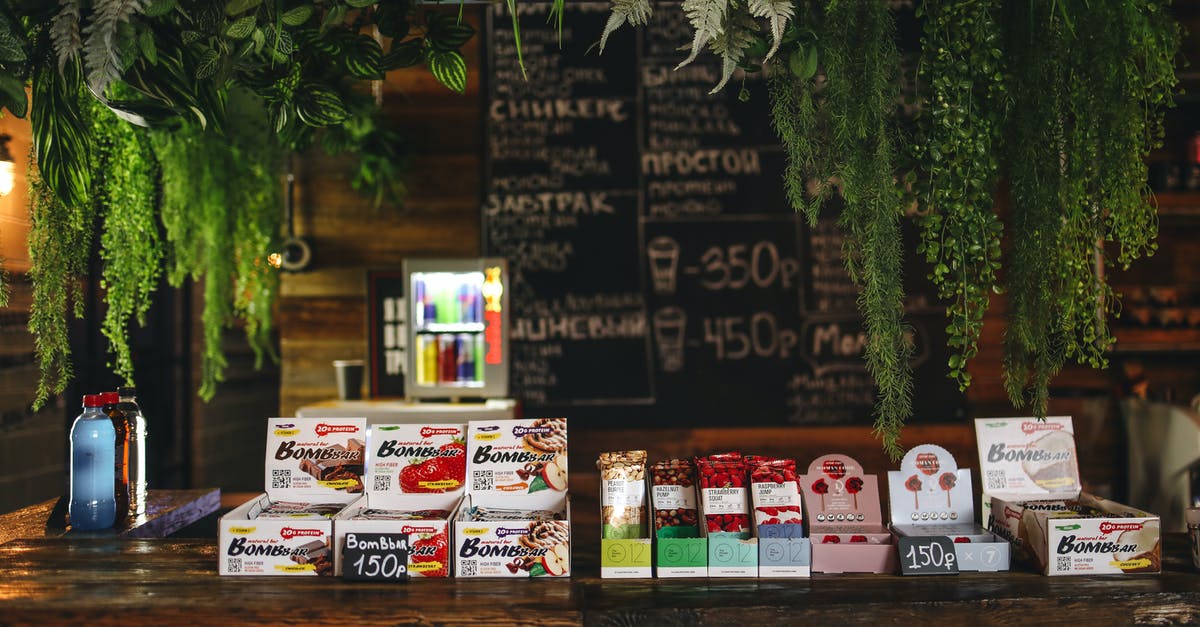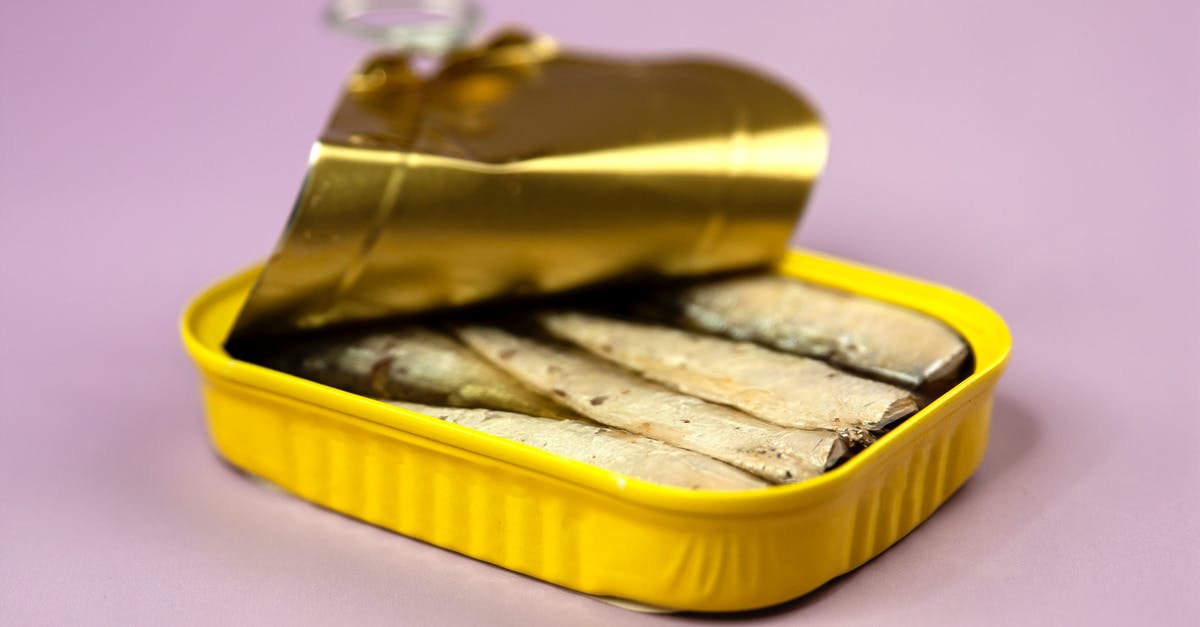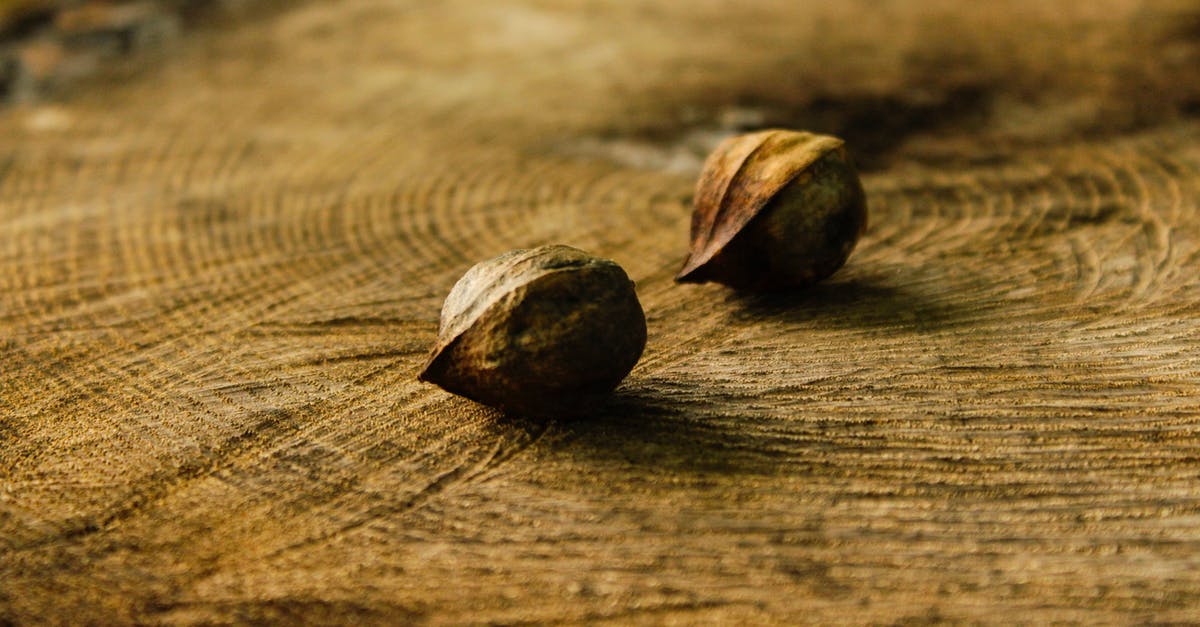What are the preservatives in protein bars?

How are protein bars such as Quest bars and Buff Dude protein cookies able to last so long? What are the preservatives in it?
Ingredients for Quest Bars ("Birthday cake" flavor):
Protein Blend (Milk Protein Isolate, Whey Protein Isolate), Soluble Corn Fiber, Water, Erythritol, Almonds, Palm Kernel Oil, Natural Flavors, contains less than 2% of the following: Sodium Caseinate, Sea Salt, Gum Arabic, Spirulina extract (color), Red Cabbage extract (color), Turmeric extract (color), Radish extract (color), Sucralose, Sunflower Lecithin.
Buff Dude No Bake Chocolate Protein Cookies ingredients (the link is to a recipe)
1c. Oats 3 Scoops Chocolate Whey Protein 2 T. Coconut (shredded) 2T. Baking Cocoa Powder 1/4 c. Peanut Butter (we like super chunk) 1/2 c. Chocolate Almond Milk
These don't have such good keeping properties:
Keep these in the refrigerator (for as long as they last).
Best Answer
TL;DR: They may not need preservatives, relying on dryness and the preserving capabilities of sugar
All are rather dry, and similar foods like biscuits and flapjack (UK meanings; I guess the American terms would be crisp cookies and granola bars) keep almost indefinitely in an airtight container, even if home made. And the processed products are much better sealed than most people can do at home; the air sealed inside can also be of controlled low humidity even if the composition isn't modified (which it probably isn't in this case).
The ingredients are generally very stable when dry. This is only a very limited guide to the stability of the final product.
Many protein bars, and the related examples I mentioned above contain lots of sugar, which is a preservative in quantity, especially if there's very little water. You can estimate the water content by adding together the weights on the nutrition label and subtracting from the total weight. The exact approach varies as different countries use different subcategories.
Some bars may be heat treated, either after packing or simply hot packed in controlled conditions.
How the ones that claim to be cold pressed and contain only natural ingredients (and no sugar) keep so well is another matter. They often use a source of sugar that they can call something else (dried concentrated apple juice for example).
The protein bars I used to buy were based on whey powder and oats, and had a stated shelf life ("best before") of just under a year after purchase. They don't list anything as a preservative and aren't as sugary as some I've had, but they do list antioxidant (tocopherols) which has a limited preservative effect. I suspect they put a nominal year on rather than test for longer. I recently ate one that was over 3 years past this date and it was just as unpalatable as ever. This isn't a suggestion, but an indication that the already long shelf life is cautious.
I have a few different protein/energy bars that I use when cycling. These are the water contents calculated from the 100-(fat+carbs+fibre+protein+salt+minerals):
13% (Quest as edited into the question, not available here)
12% (Trek Protein flapjack original)
12% (USN Nature's energy bar)
14% (Body Me Cacao mint organic protein bar)
19% (Trek berry energy)
I suspect the last is higher because it contains date pieces, and dried dates seem to be over 20% water.
You can't convert moisture content to water activity in a simple way, as it depends on the amount of soluble material (in our case salt and sugar). However we can consider an analogous product: dried fruit. Raisins contain < 19% water by weight, with dates and prunes higher. These have a water activity of ~0.6, enough to stop mould proliferation. These protein bars have a similar water percentage to dried fruit and a comparable sugar contents, so may be expected to have a similar water activity.
Pictures about "What are the preservatives in protein bars?"



Quick Answer about "What are the preservatives in protein bars?"
Preservatives such as BHA, BHT, sodium nitrate, sulfites, sodium benzoate, and other chemicals are very often found in modern energy bars to improve their shelf life and make them "edible" for years and years.Why you should avoid protein bars?
Many protein bars also contain high amounts of added sugar and use unhealthy sweeteners like high fructose corn syrup, which adds excess fructose to your diet and can increase your risk of fatty liver, obesity, and diabetes when consumed in high amounts ( 3 , 4 , 5 ).What preservatives are in granola bars?
Some granola bar brands use something called BHT to preserve freshness. BHT stands for butylated hydroxytoluene, and it's a synthetic antioxidant that has been shown to have carcinogenic potential.What are the main ingredients in protein bars?
We Broke Down the Ingredients in Your Favorite Protein Bars- Protein Sources. Soy Protein Isolate. Sara Deeter. ...
- Sweeteners. Sugar Alcohols. Emma Delaney. ...
- Other Additives. Fractionated Palm Kernel Oil. baresoaps.
What is the shelf life of homemade protein bars?
Derived from cows' milk, Nutrilac PB-8420 ensures protein bars retain a chewy texture for 12 months or more in ambient storage conditions, said Arla Foods Ingredients (AFI).Healthy Homemade PROTEIN BARS (5 Ingredients, DIY)
Sources: Stack Exchange - This article follows the attribution requirements of Stack Exchange and is licensed under CC BY-SA 3.0.
Images: Polina Tankilevitch, Karen Laårk Boshoff, Brianna Amick, Malidate Van
